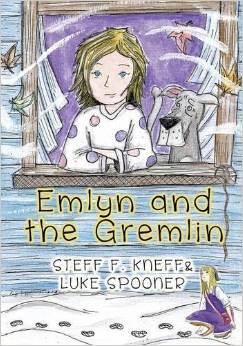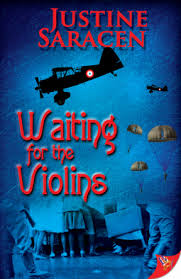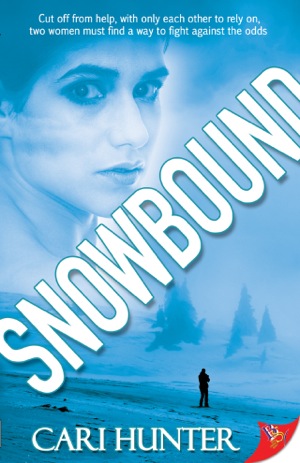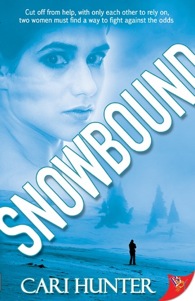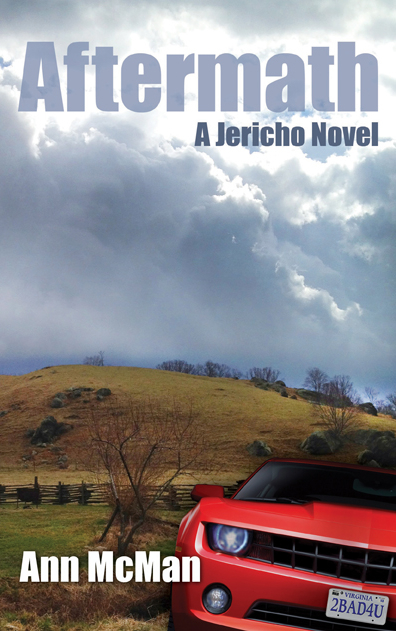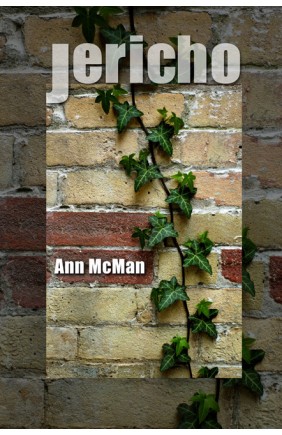I love quality children’s literature. Books for children, in my opinion, require all of the elements necessary in producing a good book for any other age group (a plotline! characters!), but also: whimsical rhymes, eye-catching illustrations, and maybe maybe maybe a gentle nudge in some moral direction.
Steff F. Kneff’s Emlyn and the Gremlin has 2.5/3 of these things, making for a pretty quality read. Emlyn is a little girl with two mothers – but, as the title shows, her parents’ relationship isn’t central to the plot. A very tiny gremlin is. The story begins with Emlyn convinced that a nasty gremlin is stealing and breaking all her shiny things – but she’ll find out, in a gentle way, that maybe she shouldn’t have judged the gremlin before meeting her.
I liked the rhyming, the storyline, and the addition of Emlyn’s dog Moose (cute!). I loved that Emlyn’s two moms weren’t scrutinized or “explained”. Emlyn’s prejudgments about the gremlin could obviously be linked to Emlyn’s parents, of course, but Kneff thankfully took a more nuanced route.
The illustrations could perhaps be improved upon. The characters look vaguely reminiscent of manga characters, and I’m not sure the style quite fits with most current children’s literature. Still, children may very well take to the brightly-colored pictures regardless, and the story is good enough that it shouldn’t be passed up.

